Third National Conference on Defense Economics Held at the National Defense University
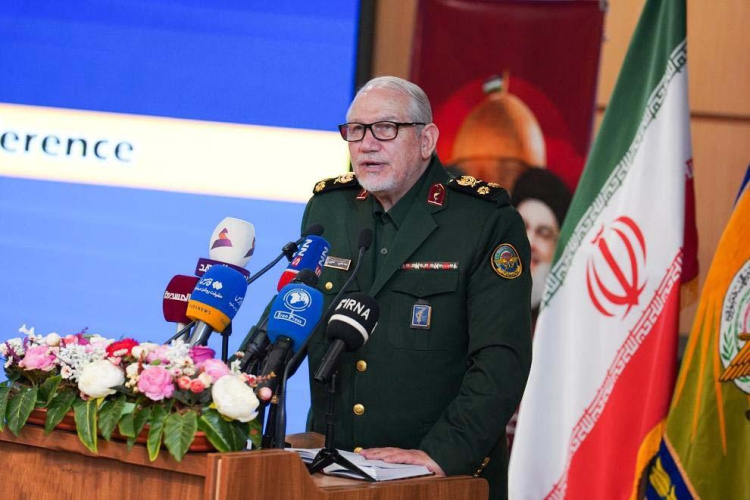
Third National Conference on Defense Economics Held at the National Defense University
According to the Center for Communications and International Relations, the Third National Conference on Defense Economics (National Economy and Defense Economy: Convergence and Synergy) was held at the Supreme National Defense University, featuring the presence of lieutenant General Seyed Yahya Safavi, Senior Assistant and Advisor to the Supreme Commander of the Armed Forces, along with Major General Ismail Ahmadi-Moghaddam, President of the National Defense University, and a number of senior military commanders and national officials.
This conference was organized by the S.N.D.U. in collaboration with other universities and scientific research institutions. It addressed various dimensions of defense economics, including
- Defense economy and Production Growth
- Defense economy and Economic Popularization
- Defense economy and Model Development
- Defense economy and International Economics
- Defense economy and Disruptive/ new Technologies
- Defense economy and economic Transformation
- Economic Defense and national Resilience
During the conference, lieutenant General Safavi, Senior Assistant and Advisor to the Supreme Commander of the Armed Forces, stated that what will occur in the future will be different from what we have witnessed so far; therefore, we must prepare ourselves for upcoming events to avoid being caught off guard.
He emphasized that social welfare and national advancement are among the most important national goals, which will be shaped by diplomacy, foreign policy, and national security. He asserted that national security is achieved by strengthening our defense capabilities in the face of threats. He identified security as the most crucial need of the country, stating that without military security, economic, political, and social progress cannot occur. A strong and powerful Iran cannot be realized without military strength. He also noted that the slogan of the fourteenth government, "National Accord," is commendable, emphasizing that without social welfare, progress and strength cannot be achieved through unity and mutual understanding.
He added that we are not a country separate from other nations in West Asia, pointing out that this region is influenced by issues related to West Asia, the Ukraine conflict, Central Asian matters, and China's economic influence in the area. He remarked that while Britain once played a significant role in this region, the United States currently holds a military and economic presence that impacts developments and trends in West Asia.
He continued by stating that what will happen in the future will be different from what we have experienced so far; therefore, we must prepare ourselves for upcoming events to be prepared for any eventualities. He added that social welfare and national progress are among the most important national objectives, which will be shaped by diplomacy, foreign policy, and national security. National security, in turn, is achieved by strengthening our defense capabilities in the face of threats. He emphasized that security is the most critical need of the country, asserting that without military security, economic, political, and social progress cannot be realized, and a strong and powerful Iran cannot be achieved without military strength. He acknowledged that the fourteenth government's slogan, "National Accord," is a commendable one, but he stressed that without social welfare, unity, and mutual understanding, progress and strength cannot be attained.
He also pointed out that we are not a country separate from other nations in West Asia, noting that this region is influenced by issues related to West Asia, the Ukraine conflict, Central Asian matters, and China's economic presence in the area. He remarked that while Britain once played a significant role in this region, the United States currently wields military and economic influence that affects developments and trends in West Asia.
He pointed out the impact of challenges related to defense budgeting and the lack of financial resources on the process of enhancing the country's defense capabilities. He stated that at the National Conference on Defense Economics, we must explore practical solutions to address the shortfall in defense funding and present effective and actionable strategies.
He further emphasized that the overarching goals for defense economics could include revenue generation, contributions to the economy, and modeling in the productive sector, as the armed forces are among the cleanest groups and organizations in the country.
Finally, he regarded the effort to popularize the economy as another issue that can be implemented by the armed forces. He reminded attendees that the armed forces and the Khatam al-Anbiya Construction Headquarters operate in areas where other organizations may not be able to function, and that they align their activities within the framework of laws and higher-level policies.
Brigadier General Ahmadi Moghadam, President of the National Defense University, also addressed the connection between the sovereignty of the nation and the intelligent use of various components in confronting economic and military threats during the conference. He stated that victory on the battlefield does not depend solely on superior weapons or military power, but rather on the ability to manage and defend economically.
He added that economic defense has emerged as a vital type of defense, especially in the current context of facing severe economic sanctions. These sanctions not only impact the livelihoods of the people but also create a rift between the government and the populace, diminishing social capital.
He referenced the damage caused by wars, noting that the economic losses from cyberattacks or sanctions can often be much greater than those from military conflicts. Furthermore, he remarked that during the Sacred Defense era, the private sector also played a role in producing weapons and equipment, highlighting the link between the economy and defense. He stressed the importance of economic defense and the necessity for coordination among various components to counter threats, asserting that the traditional concept of warfare has changed in recent decades; today, "hybrid warfare" is emphasized, with the military being just one of its subsets.
He articulated that the concept of defense today extends far beyond the armed forces of a nation. He cited Imam Khomeini's (may God have mercy on him) theory of comprehensive defense, which posits that defense is a matter for the entire society. He further asserted that the most crucial component for victory today is national resilience—our ability to withstand a war of wills—not merely superior weapons, financial resources, or capabilities. Economic defense is a critical element of our defense strategy in the context of sanctions, as the enemy seeks to create divisions between society and the government; conversely, through economy-driven defense, we can thwart the enemy's objectives.
He remarked that "defense economics" represents a bridge between the economy and defense, emphasizing that defense is the foundation of every nation's security. However, he noted that we must also consider the economic costs involved.
He concluded by stating that today, the defense sector has been able to alleviate some burdens from the public and has made a significant impact on the country's economy. Military industries are among the important markets in the world; thus, given the advancements in Iran's military industries, many countries are paying particular attention to our military market.
At the conference, Dr. Asghar Saleh Isfahani, esteemed Chairman of the Board of the Iranian Defense Economics Scientific Association, and Dr. Mohammad Qasemi, Deputy for Economic Affairs of the Planning and Budget Organization of the country, also delivered speeches. At the conclusion of the event, Dr. Mahdi Riazi, Head of the Independent Financial Resources and Defense Economics Group at the National Defense University and Secretary of the conference, presented a report on the activities conducted during the conference and summarized its outcomes.
In the adjacent halls, companies and industries related to the conference topic showcased their achievements and capabilities, which were visited by the participants of the conference.


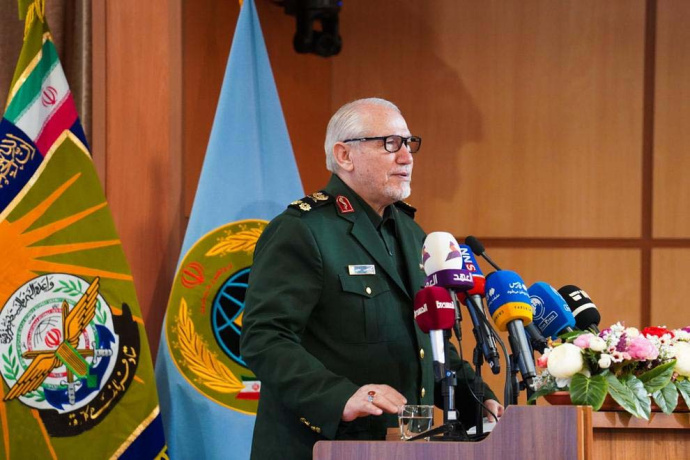
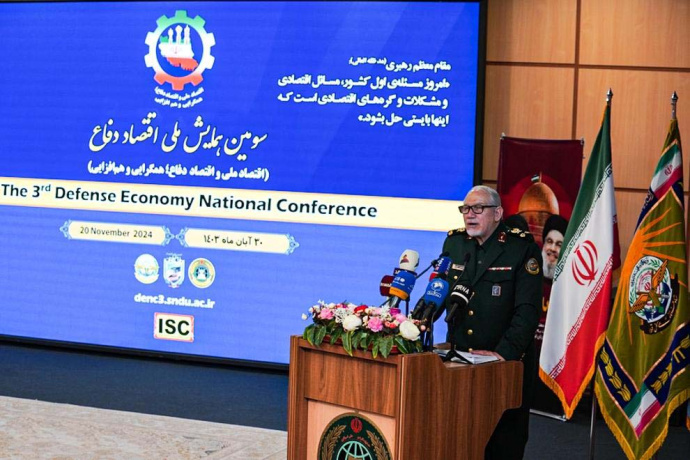
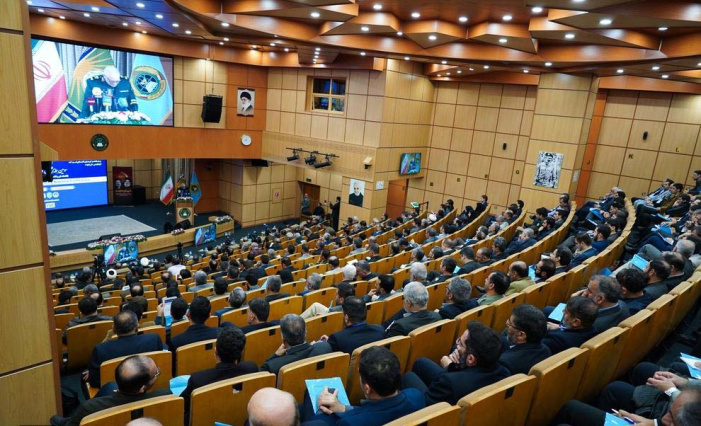
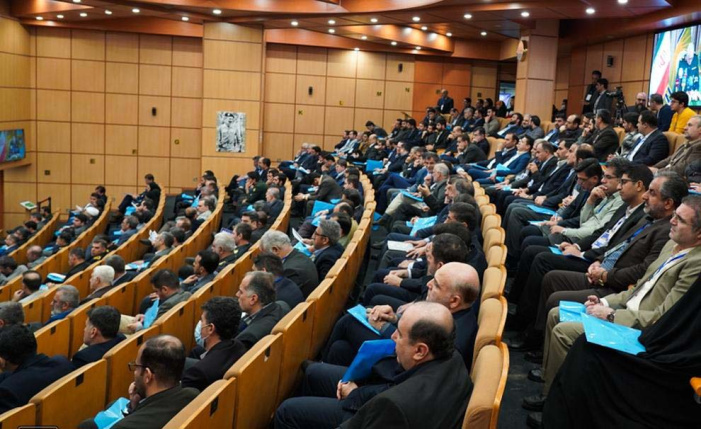
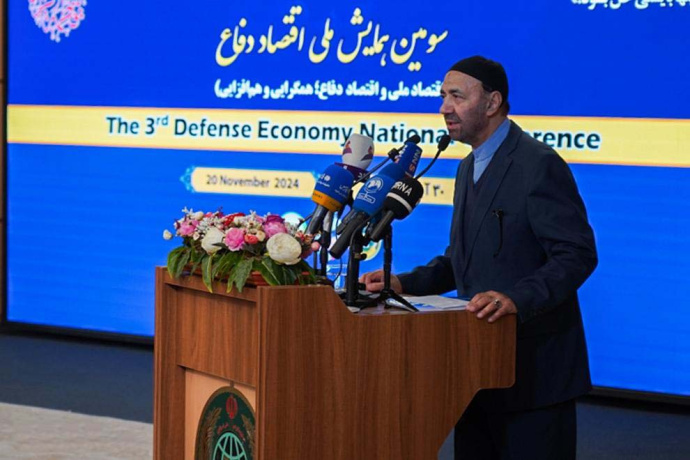
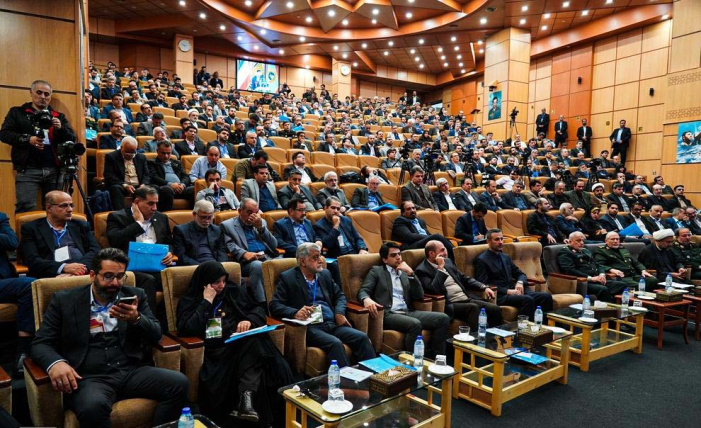
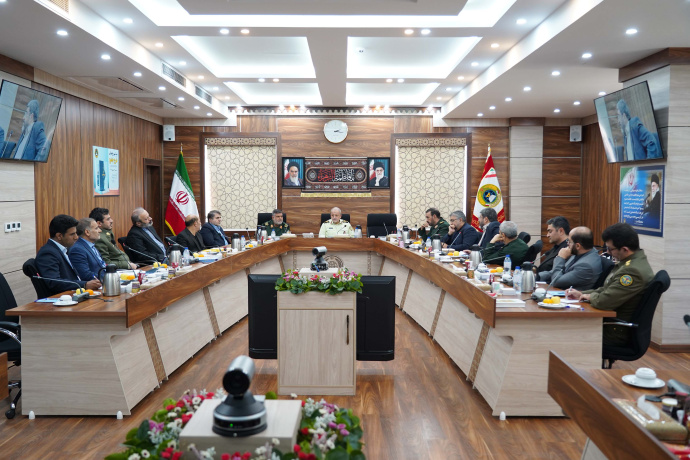
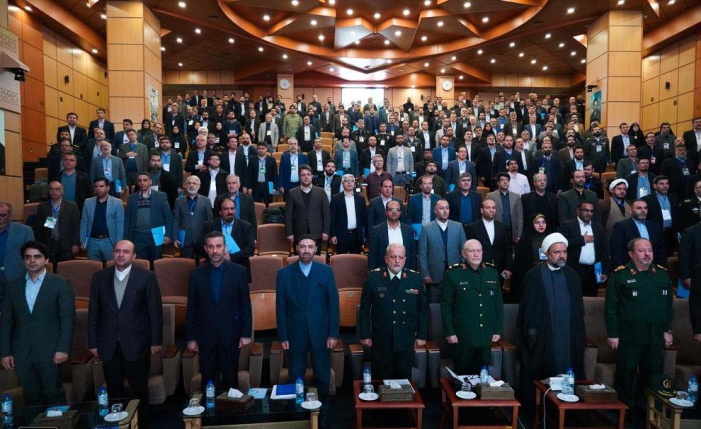
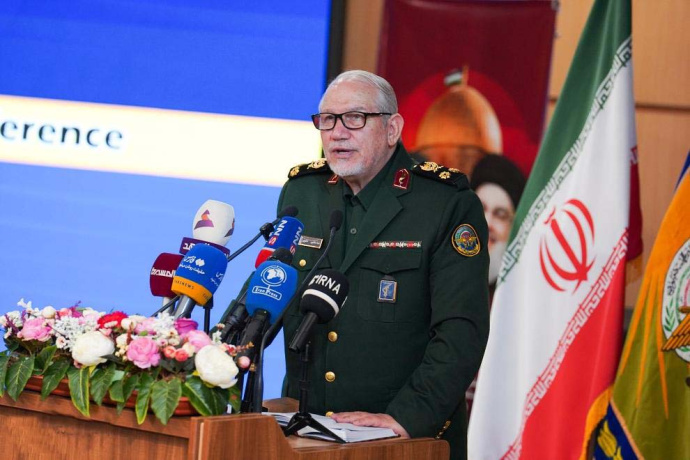
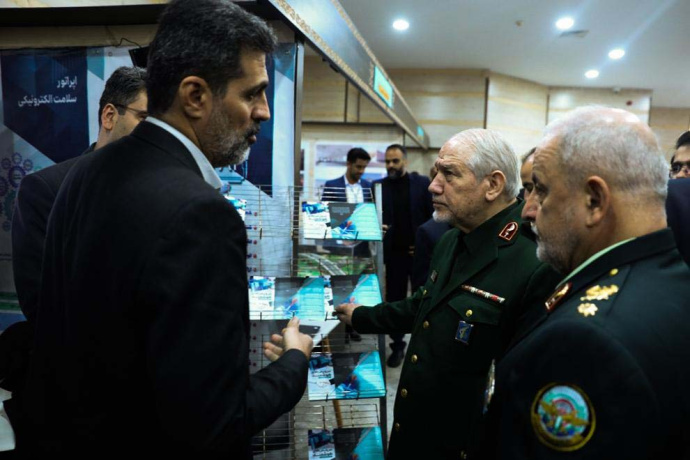
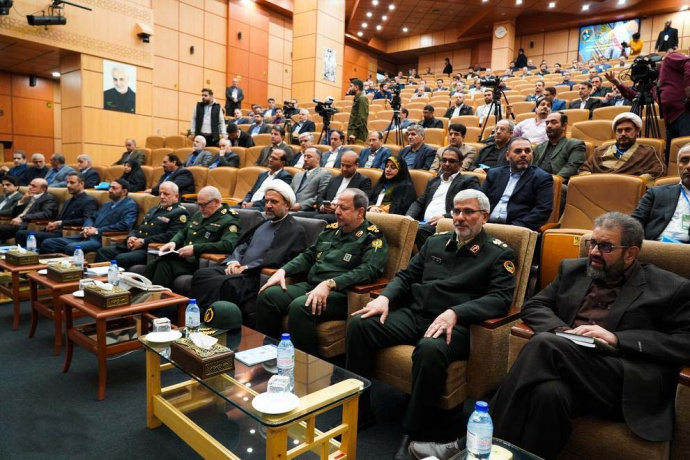
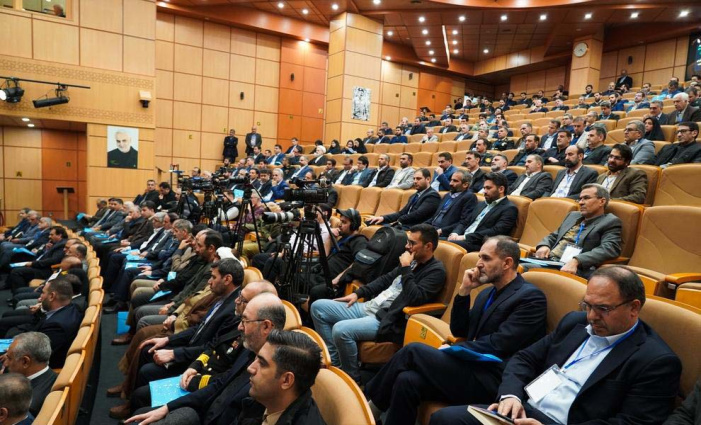
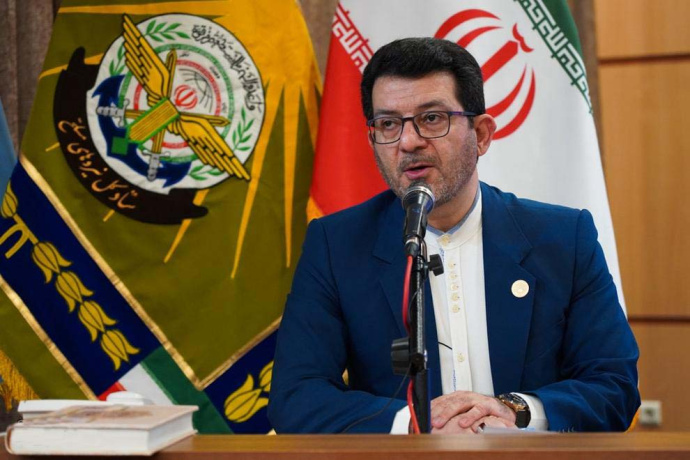
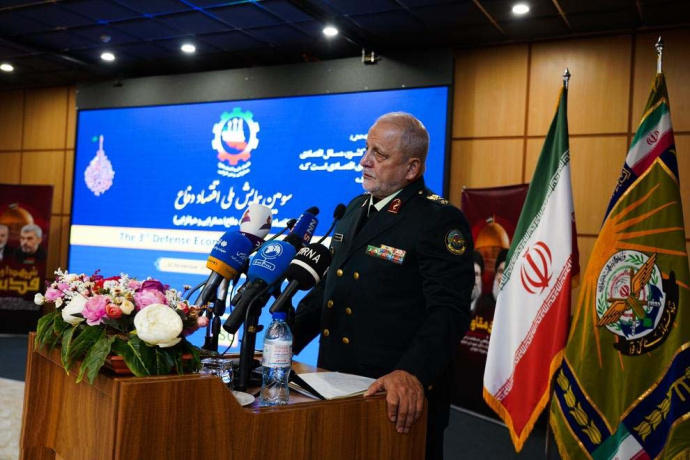
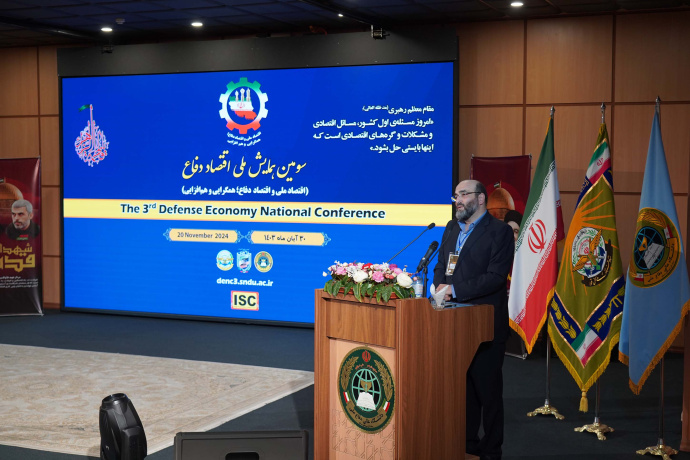
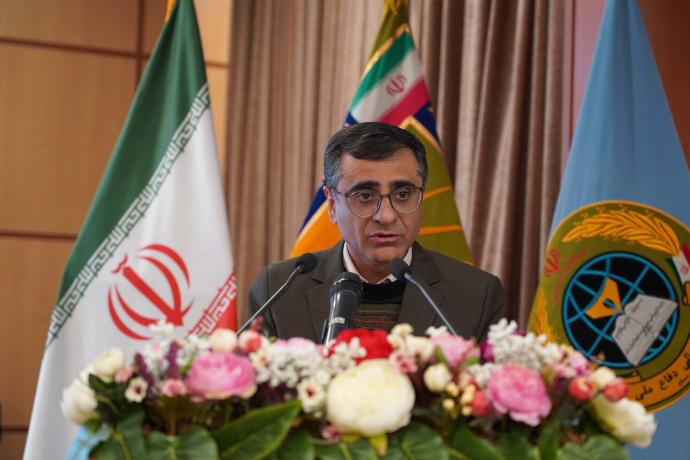
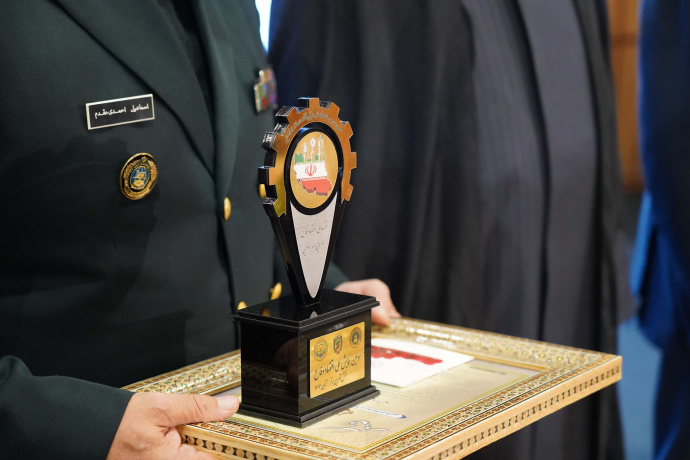
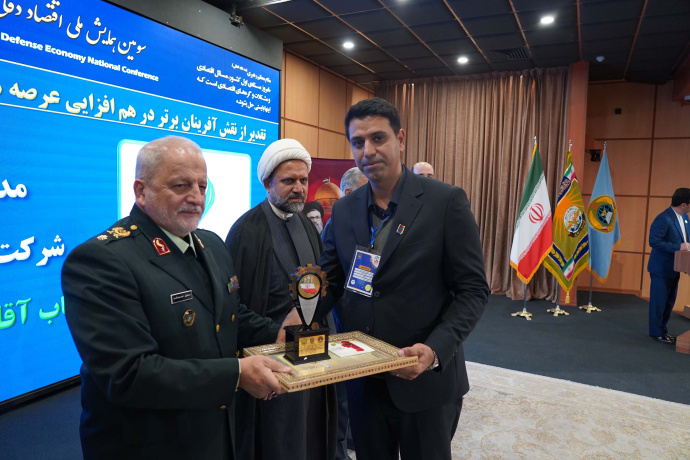
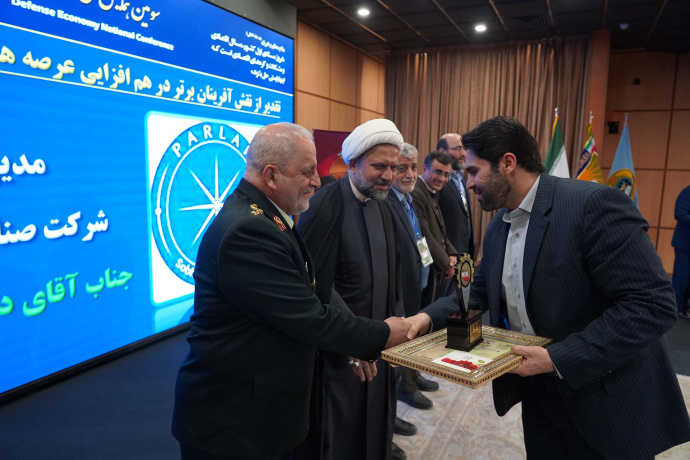
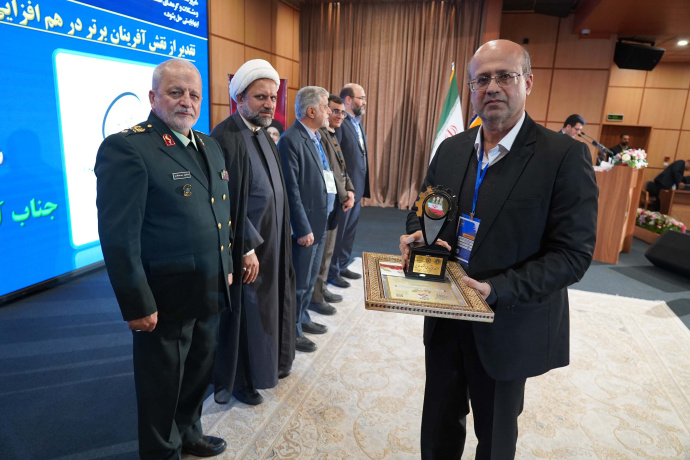
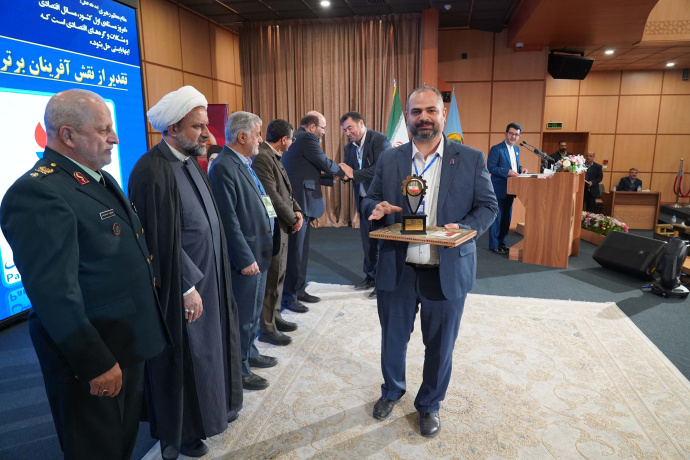
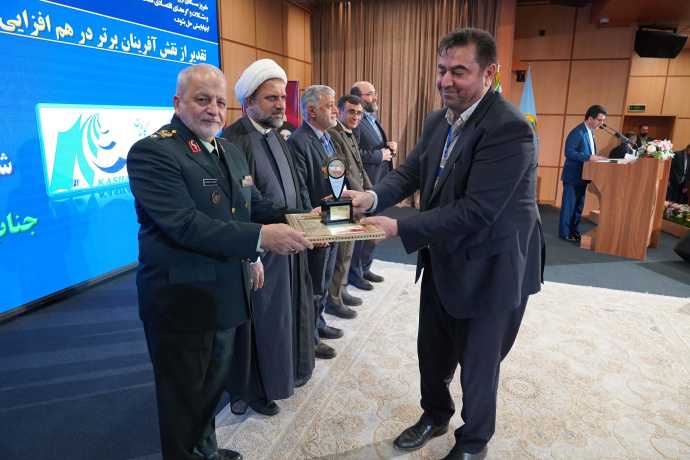
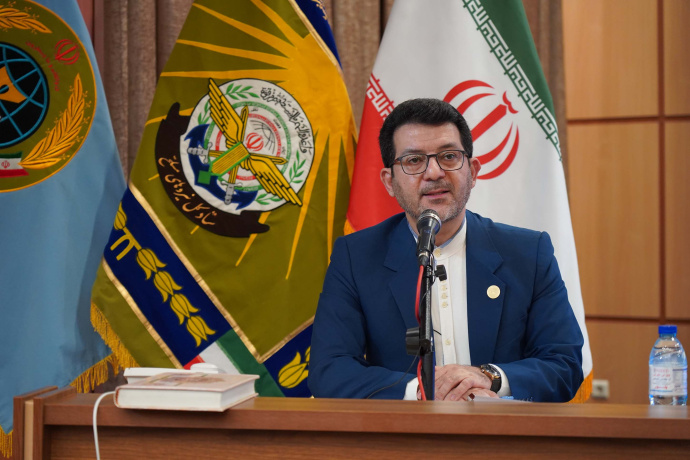
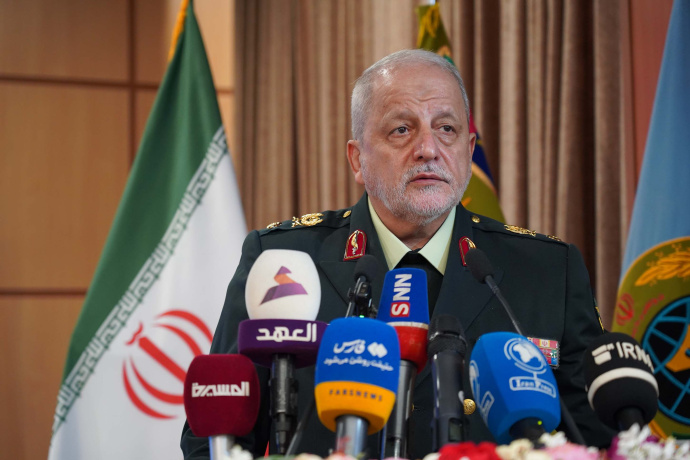
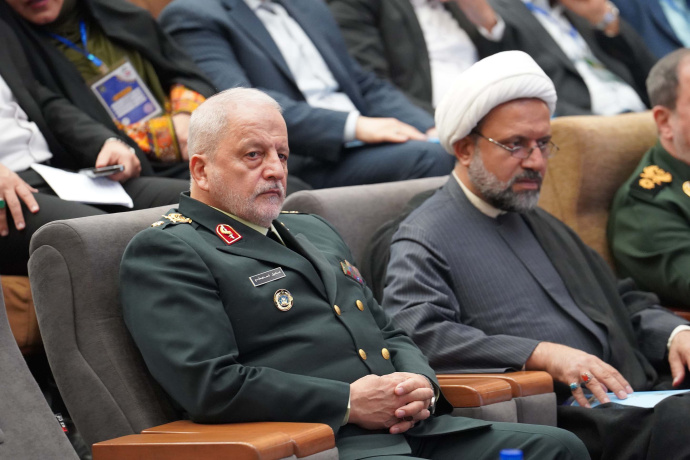
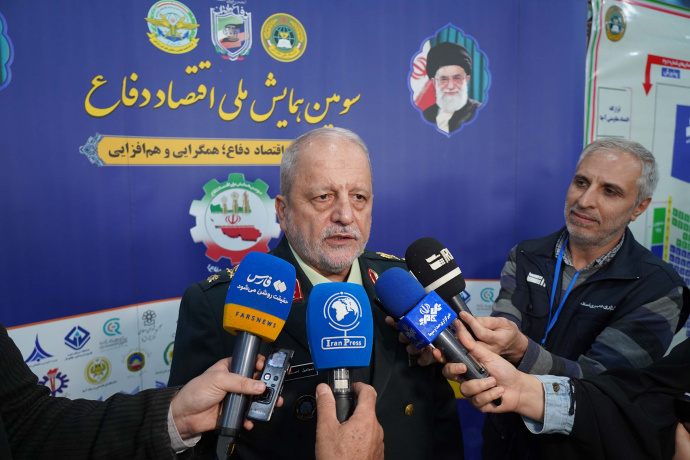
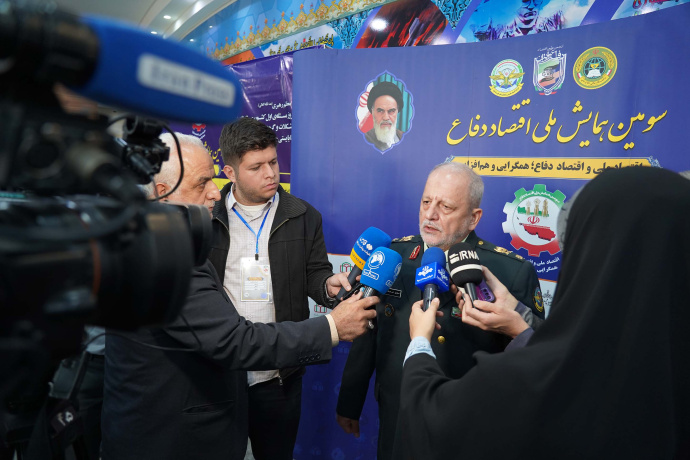
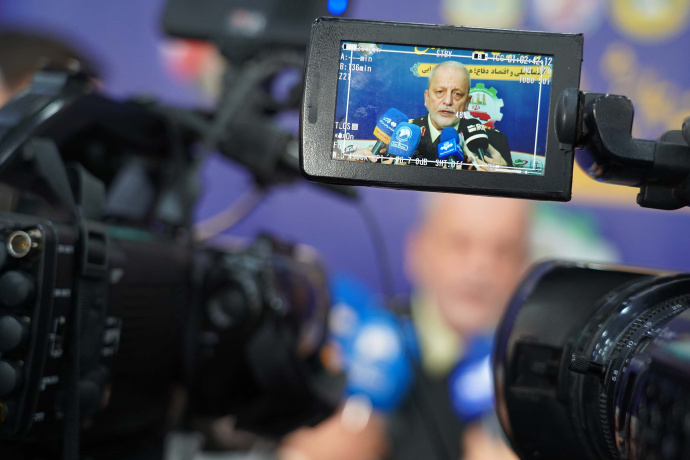
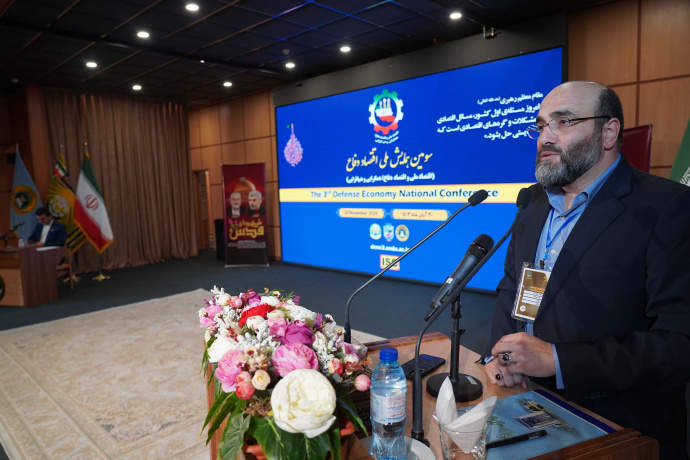
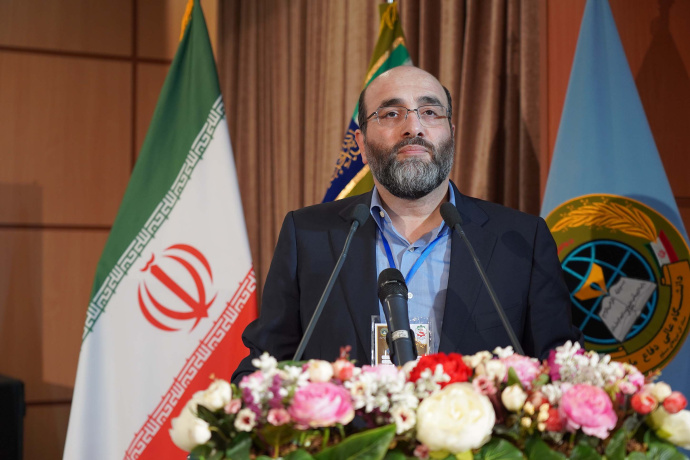































Your Comment :